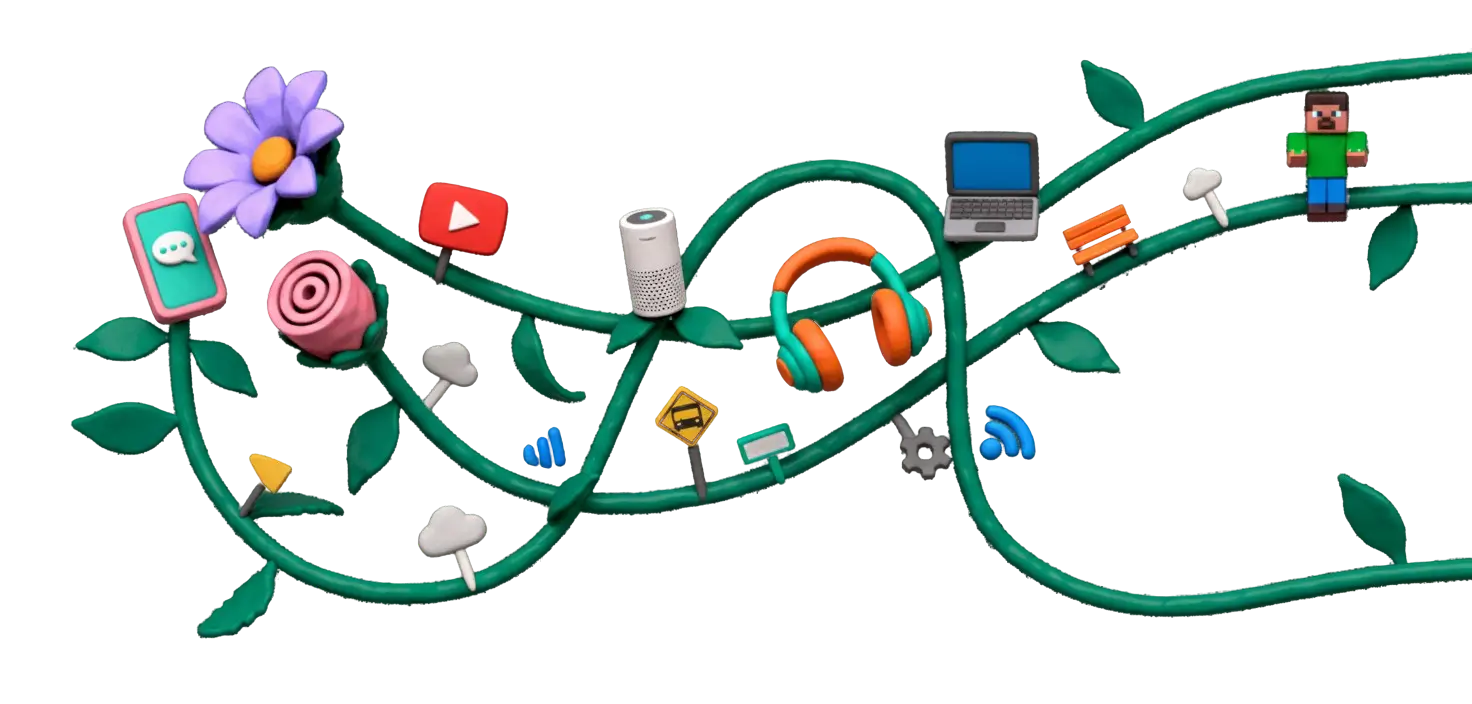
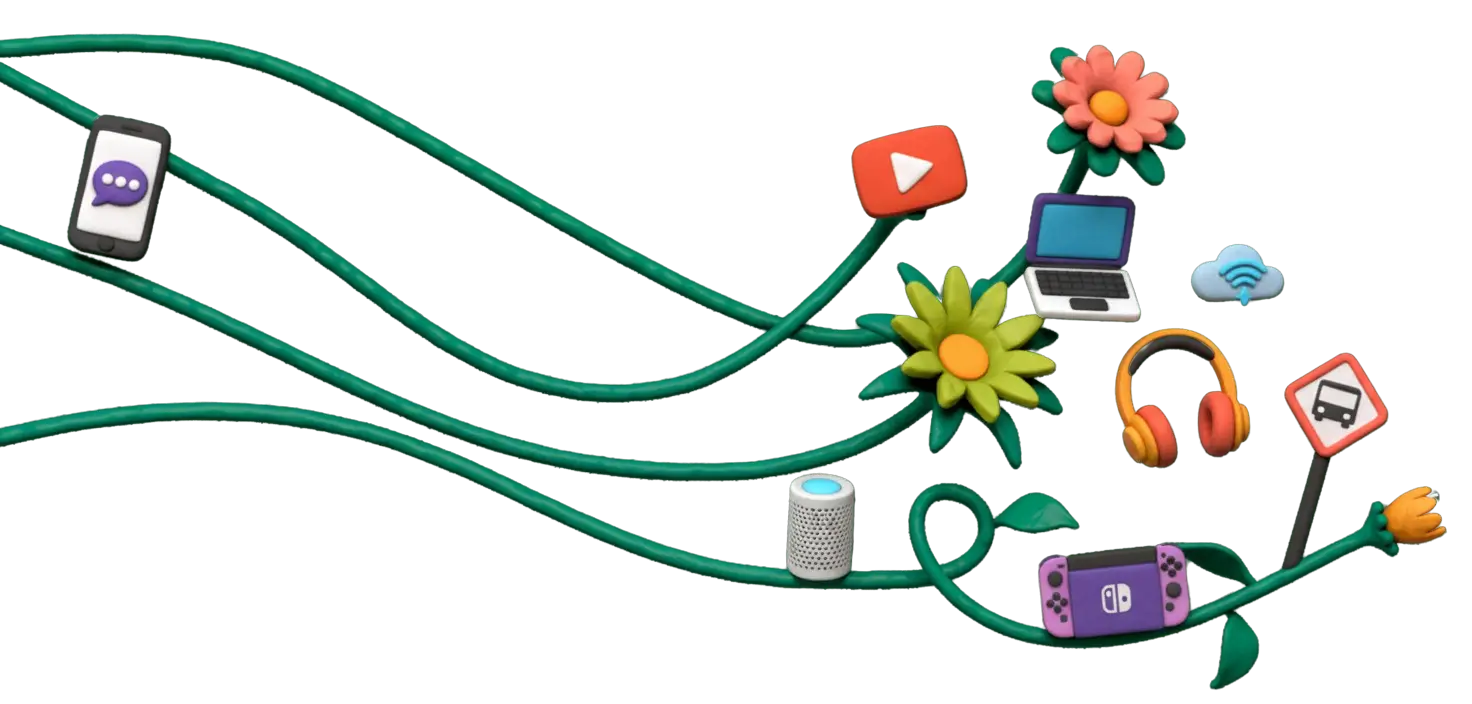

Go from
"Skibidi, huh?"
to Sigma Parent
Your kid wants Roblox. Their friends are doing TikTok dances. You thought YouTube Kids was safe.
There's fomo about the 5th grader group chat. Aura farming? What's a Minecraft server? Duolingo must be pure good, right??
We've got you.
Our kids are growing up in a digital-first world and it's only accelerating. Get your personalized digital wellness report and make confident choices for your own family, with your community.
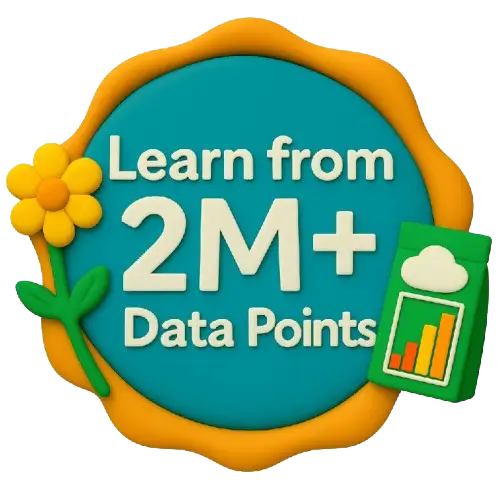
Our goal is to help thoughtful parents make intentional decisions about navigating childhood in a digital-first world

Why Parents Love Screenwise
No judgment. No one-size-fits-all advice. Just personalized insights based on your unique family
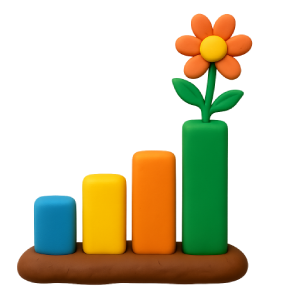
Data-Driven Insights
See how your family compares to others in your school, city, and beyond. Make informed decisions with real context.

Expert-Backed Resources
Curated content from child development experts, digital wellness researchers, and trusted organizations.
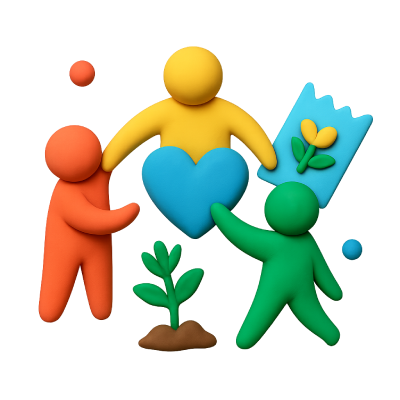
Community Calibration
Connect with like-minded parents and see what's working for families with similar values and situations.
What you'll say after using Screenwise
Real transformations from parents who took the calibration
"I finally understand the difference between creative Minecraft servers and the toxic ones. Turns out 25% of families at my kid's school let them play—but only in offline mode. Game changer."
"The data showed me most kids in 4th grade at our school aren't on TikTok yet. We joined the 'Wait Until 8th' pledge and worked with 12 other families to do the same. My daughter actually thanked me for taking the pressure off."
"Found out that YouTube with parental guidance doesn't mean I'm hovering—most parents in our community are doing exactly what we do: kid picks, parent approves the channel first. No more second-guessing myself."
"The report showed me I was being too strict about screen time but too lenient about what apps had access to. I learned the group chat privacy settings most families use. Huge relief to calibrate both ways."
"Seeing the independence milestones data hit me hard. Turns out letting my 1st grader 'stay home alone for short periods' while I run to the corner store is totally normal in our area. I'm not failing—I'm parenting."
"OMG I didn't realize my 3rd grader was the only one in the cohort playing Fortnite. I didn't really understand the dynamics. Now I do, and we play together as an intentional learning experience."
Take Intentional Action
Three simple steps to transform digital chaos into confident parenting decisions.

Quick Survey
Tell us about your child's current digital habits. Screen time, apps, games, independence milestones. Takes just 5 minutes.
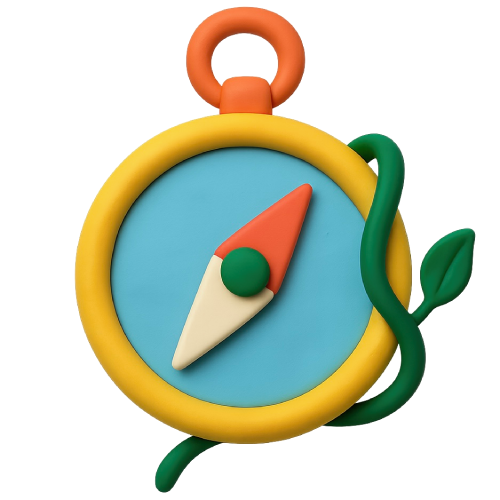
Get Calibrated
See how your family compares to others in your school, city, and beyond. No judgment, just helpful context and insights.

Take Action
Get personalized resources, expert insights, and practical next steps tailored to your specific concerns and goals.
Get Screenwise
We help intentional parents get quickly educated about games, apps, social tech, AI, and more — so you can make informed, deliberate decisions for your family's digital life.
Our Guides & Resources
The Intentional Parent's Guide to Minecraft
Learn about how Minecraft is not really a video game, but more like a social platform. Understand creative vs survival, friends-only vs public servers, and when online play changes everything.
The Intentional Parent's Guide to Roblox
Roblox is a platform of millions of user-made games. Understand the risks, the benefits, and how to set up account restrictions that actually protect your child.
The Intentional Parent's Guide to Fortnite
Fortnite is a competitive shooter with building mechanics and constant updates. Understand Battle Royale, Creative Mode, and how to set parental controls that work.
When Minecraft Takes Over
How to redirect your little builder's creative energy toward other developmentally positive games and experiences.
When Roblox Becomes the World
Understanding the appeal, the risks, and how to redirect Roblox energy toward healthy alternatives that match your child's developmental instincts.
Alternatives to Minecraft & Roblox
A framework for understanding the difference between healthy, enriching video games and open-ended gaming platforms.
The Curious Parent's Guide to Brainrot
Skibidi toilet, rizz, sigma—decode the internet slang and meme culture your kids are obsessed with. Learn when it's harmless and when to step in.
More guides coming soon on social media, AI tools, screen time strategies, and age-specific recommendations.
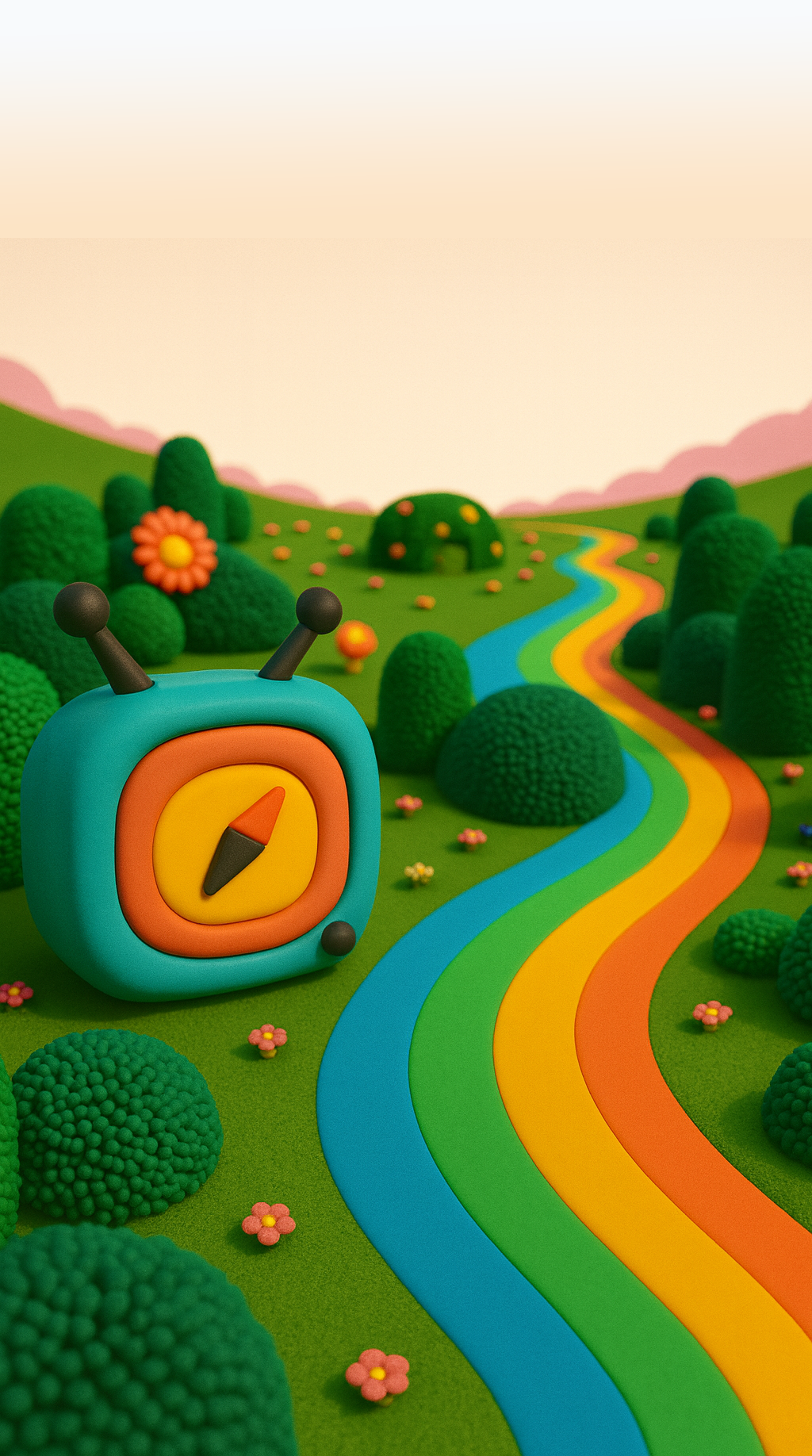
See What You'll Get
Here's a sample of the personalized insights and resources you'll receive after completing your calibration.

Comprehensive Digital Activity Summary
John's usage patterns compared across geographic communities
Video Platforms
John skips most streaming while many peers tune in—exploring together could build shared context.
Gaming
John doesn't game much while peers do—try learning what interests them.
Communication
John doesn't message much though peers do; practice together before it ramps up.
Devices
John has fewer devices than peers—discuss what might come next.
Independence
John hasn't reached these milestones while many peers have—plan gradual steps.
AI
John hasn't tried AI tools while many peers have—explore them together thoughtfully.
*Preliminary results* pending further submissions from the community
Priority Areas
Gaming
Multi-platform gaming habits and social interactions
YouTube and YouTube Kids
Independent viewing and cowatching balance
Technology Access
Device access and supervision patterns
Further Calibration
Communication Patterns
Messaging habits and social connections
Social Media & Digital Citizenship
Social platform usage and digital safety practices
Streaming & Entertainment
Movie and TV viewing habits across platforms
Screen Time Calibration
Screen time patterns and shared viewing potential
Learning & Research Tools
Educational apps and information-seeking habits
AI & Technology Interaction
Emerging technology usage and digital literacy
Independence Profile
Digital autonomy and milestone development
Family Digital Culture
Family practices and digital wellness approaches
Bookmarks Library
Curated resources based on John's digital profile and areas of interest
Why Your Kid's Roblox Obsession Might Actually Be Building Their Future
The surprising cognitive benefits hidden in those endless building sessions—plus the red flags every parent should know
Roblox Safety Settings: The 10-Minute Parent Setup
Common Sense Media
Step-by-step walkthrough to lock down chat, spending, and privacy settings. Includes screenshots of every menu you need to find.
The Roblox Economy: How Kids Are Learning Real Business Skills
Dr. Cheryl Olson, Harvard Medical School
Research shows Roblox developers (some as young as 13) are earning six figures. Here's how the platform teaches entrepreneurship, coding, and financial literacy.
Screen-Smart Parenting: The Roblox Deep Dive
Jenny Radesky, MD & Dimitri Christakis, MD
Two pediatric experts discuss when creative gaming becomes problematic, how to spot addiction warning signs, and why some kids thrive in virtual worlds.
The MrBeast Effect: Why Challenge Videos Are Rewiring Your Kid's Brain
What neuroscience reveals about viral content addiction—and how to harness the dopamine hits for good
Inside the MrBeast Machine: A Child Psychologist's Analysis
Dr. Jenny Radesky, University of Michigan C.S. Mott Children's Hospital
Why challenge videos trigger such intense engagement in developing brains, plus practical strategies for parents to discuss money, generosity, and viral fame with kids.
Dopamine Nation: How YouTube's Algorithm Hooks Young Minds
Dr. Anna Lembke, Stanford Addiction Medicine
A 15-minute explanation of how recommendation algorithms exploit the brain's reward system, featuring real brain scans and practical 'digital detox' strategies.
The Anxious Generation: How Viral Culture Shapes Identity
Jonathan Haidt, NYU Stern School of Business
Chapter 8 specifically examines how challenge culture and extreme content normalize risk-taking behavior in adolescents. Includes discussion guides for families.
ChatGPT Did My Kid's Homework: When AI Help Becomes Academic Cheating
The new rules of learning in an AI world—plus scripts for the conversations every family needs to have
The AI Honor Code: New Guidelines for Student Integrity
International Society for Technology in Education (ISTE)
Official guidelines used by 50+ school districts. Covers when AI assistance is appropriate, how to cite AI sources, and red-line behaviors that constitute cheating.
EdTech Insider: The ChatGPT Classroom Revolution
Alex Sarlin & Ben Kornell
Interviews with teachers, students, and AI researchers about how ChatGPT is changing homework, testing, and critical thinking skills. Episode includes parent action items.
Teaching Kids to Think Critically About AI Answers
MIT Media Lab & Scratch Foundation
Age-appropriate activities to help kids understand AI limitations, bias, and the importance of human verification. Includes downloadable family discussion cards.
The Digital Independence Paradox: Why Screen-Smart Kids Need Real-World Freedom
Research reveals the surprising connection between offline independence and online safety skills
Free-Range Kids: How to Raise Safe, Self-Reliant Children
Lenore Skenazy
The foundational guide to building real-world confidence. Chapter 12 specifically addresses how offline independence translates to better digital decision-making and reduced online risk-taking.
Free Range Kids Podcast: Digital Natives Need Analog Skills
Lenore Skenazy & Peter Gray
Weekly episodes featuring real families who've found the balance between digital engagement and physical world exploration. Includes age-by-age independence checklists.
The Independence-Digital Responsibility Connection: New Research
Dr. Peter Gray, Boston College
Longitudinal study of 1,200 families shows kids with more offline autonomy make better online choices. Includes practical strategies for building both types of independence simultaneously.
Decoding 'Skibidi Toilet': What Your Kid's Weird Humor Actually Means
Why Gen Alpha's absurdist memes are developmentally normal—and when to worry about online culture influence
The Psychology of Absurdist Humor in Child Development
Dr. Doris Bergen, Miami University Center for Human Development
Why kids 6-12 are drawn to nonsensical content, how it supports cognitive development, and when 'weird' humor becomes concerning. Includes red flags for parents.
Why Kids Love Weird YouTube: A Child Psychologist Explains
PBS Parents & Dr. Ellen Selkie, University of Michigan
12-minute deep dive into meme culture psychology, featuring real examples kids love and expert analysis of their developmental benefits and risks.
Your Digital Life: Understanding Your Kid's Online World
Devorah Heitner, PhD
Episode 47 specifically tackles how to engage with your child's online interests without judgment, plus strategies for staying connected across generational digital divides.
